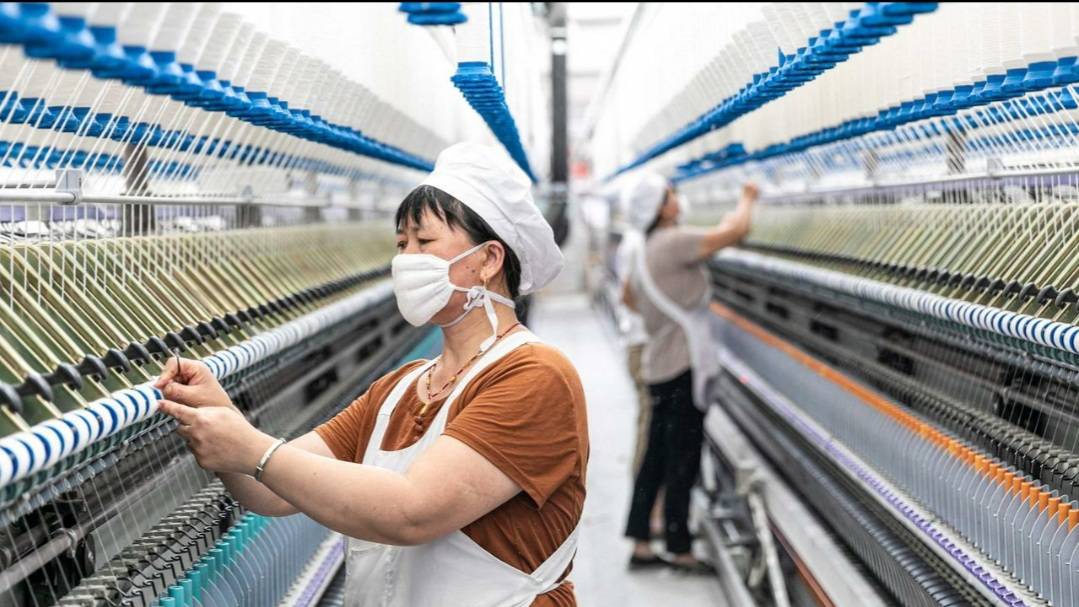China's economic growth slowdown suggests the recovery is losing steam

This was far slower than the previous quarter when growth was almost 8%, suggesting the recovery weakened. Power shortages, outbreaks of Covid-19 and pressure from Beijing on several industries are taking their toll.
One expert said that these developments may dampen growth for the rest of the year and should not be underestimated. Firstly, when it has come to power supply, soaring global commodity prices have affected the cost of raw materials.
This has come at the same time as Beijing has increased the pressure on regional governments to reduce their carbon emissions in line with the country's goal to be carbon neutral by 2060. Many provinces implemented electricity rations, causing blackouts for homes and factories to close.
This coincided with the country's largest coal-producing province suffering from torrential flooding. The Shanxi region produces about 30% of China's coal.
The heavy rains have led the coal price to hit fresh highs and the government to abandon production caps.
The power cuts have disrupted many industries in the country, particularly those that use a large amount of energy, including cement production, steel and aluminium smelting.
China's "factory gate" prices - a measure of what manufacturers charge wholesalers for products - have felt these effects, growing at the fastest rate since records began 25 years ago.
"The downturn in the industry looks set to deepen," said Capital Economics senior China economist Julian Evans-Pritchard, with thermal coal prices still climbing.
This has come at the same time as China's property sector has faced increasing pressure to rein in its debt.
The most notable example, the China Evergrande Group, owes more than $300bn and finds itself on the brink of default.
Another property developer Fantasia, defaulted while Sinic Holdings has warned it is at risk of going down the same path, sparking fears of broader problems.
"The slowdown in the property sector will affect the activities of firms in areas such as construction contracting, building materials, and home furnishing," said Yue Su from the Economist Intelligence Unit.






0 Comment